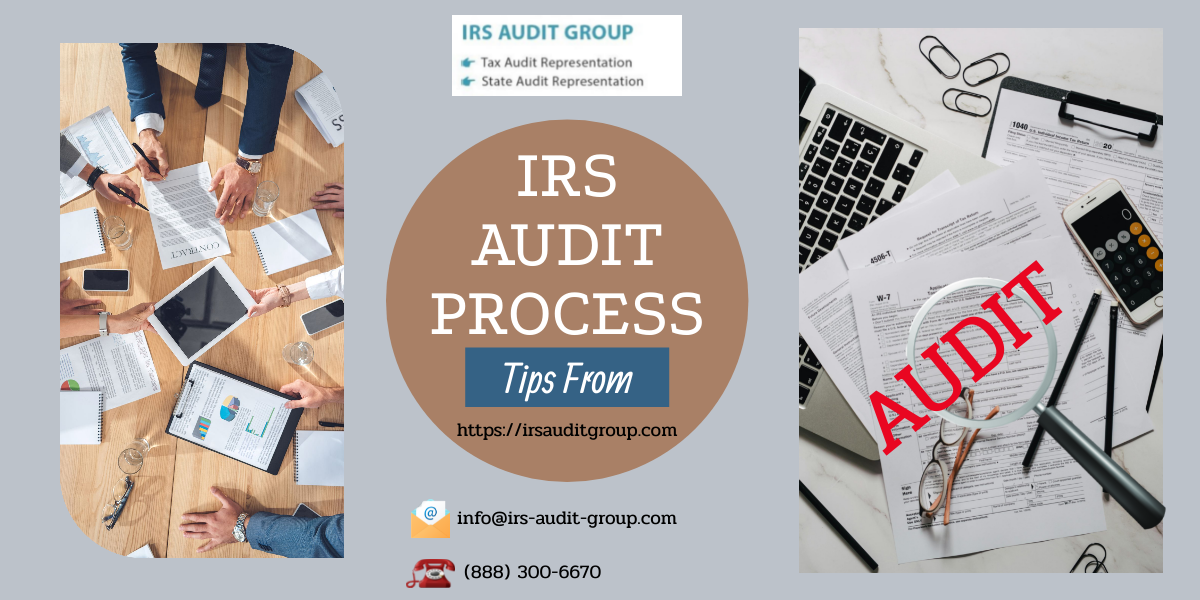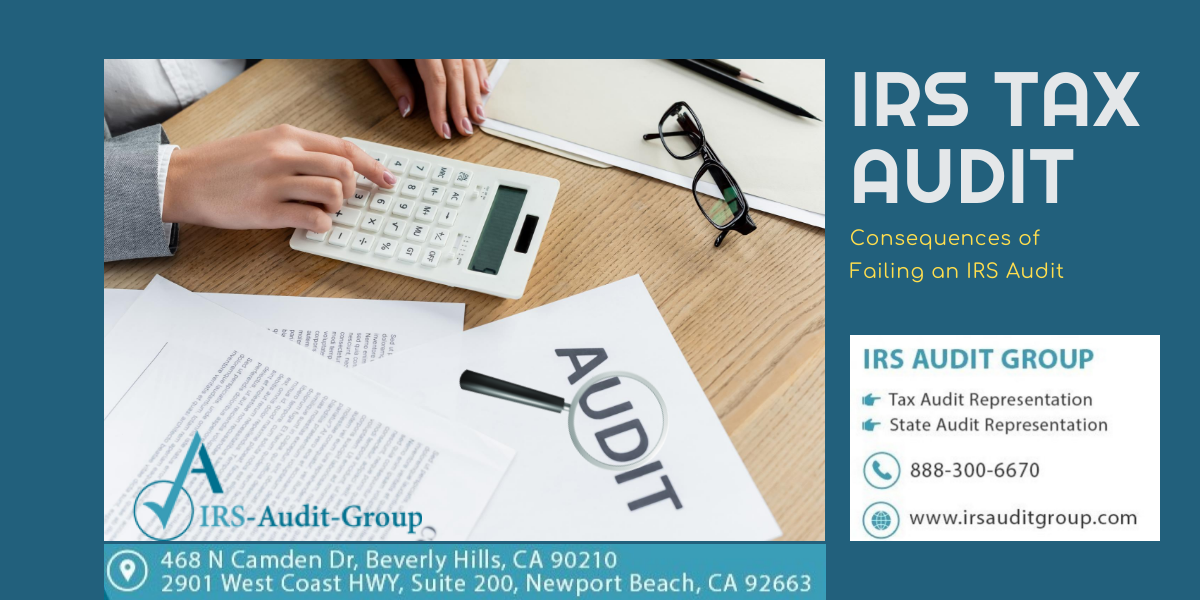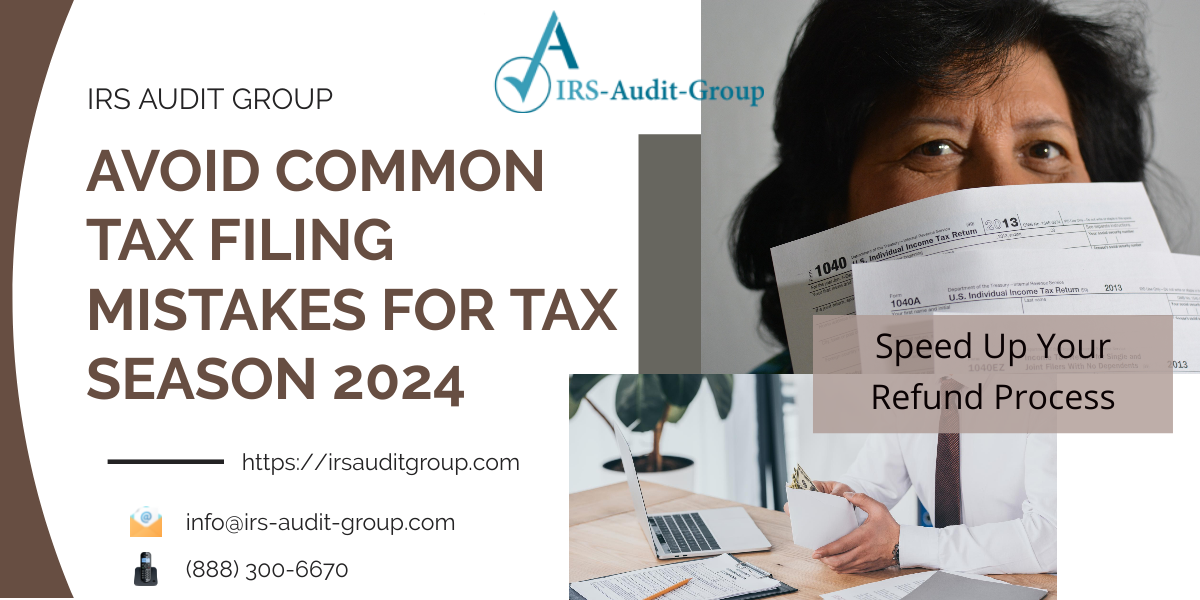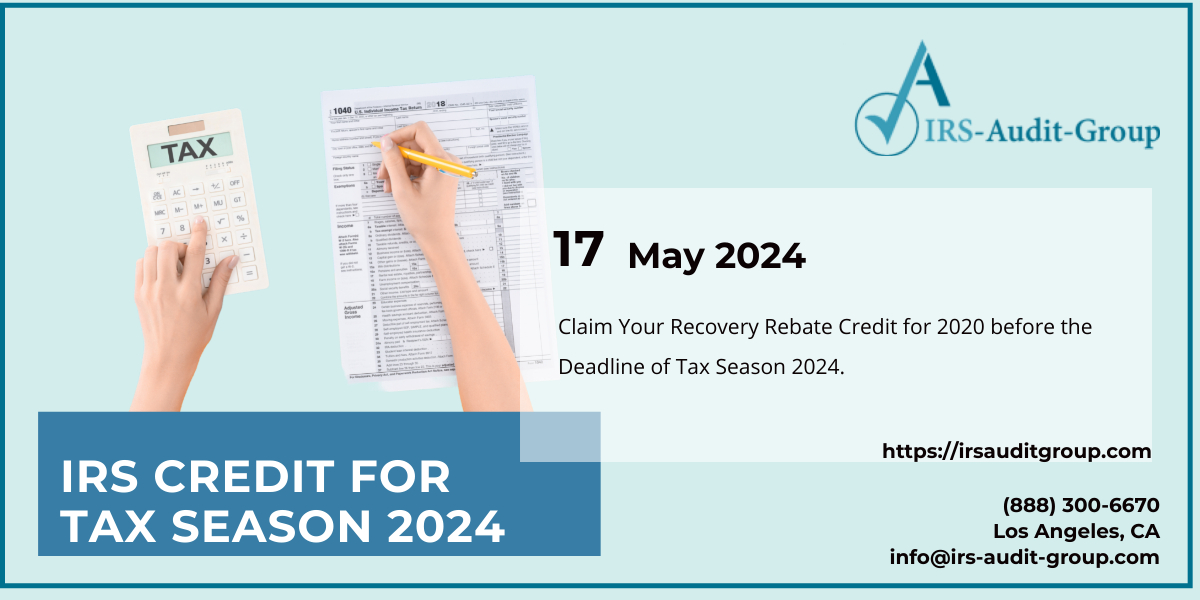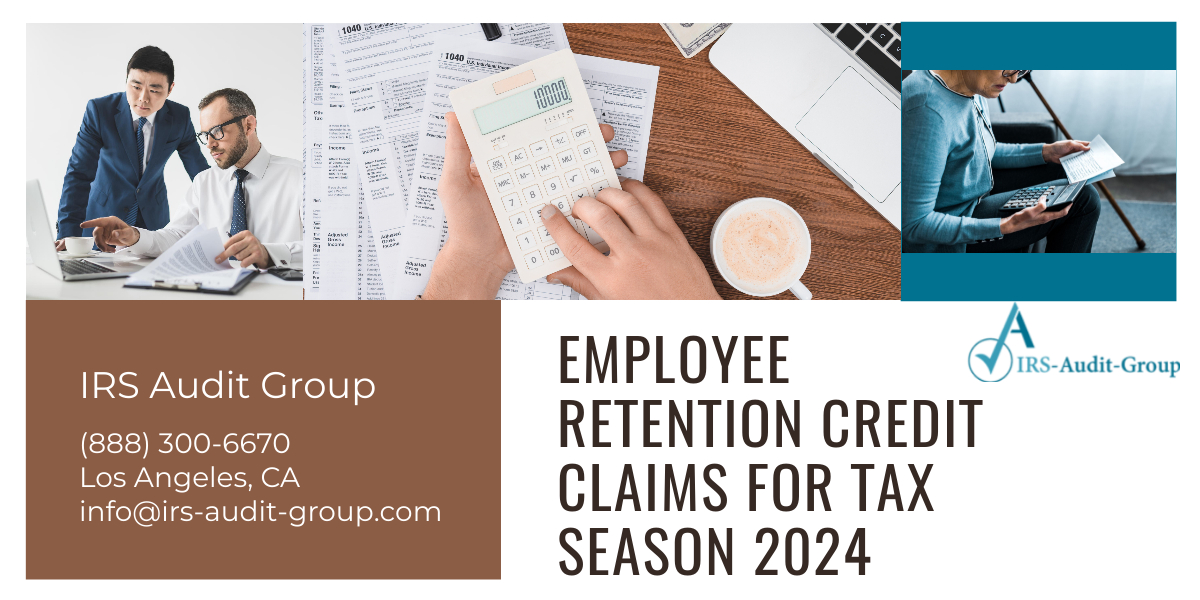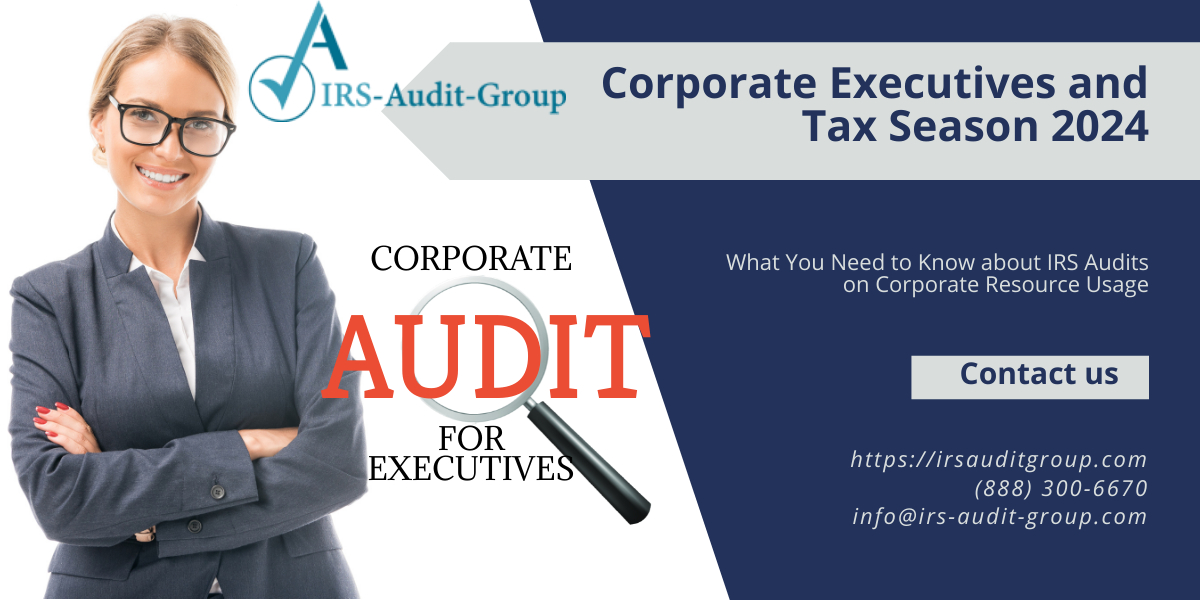In Tax Season 2024, the Treasury Department, and the Internal Revenue Service (IRS) have introduced new regulations regarding the corporate stock repurchase excise tax. The stock repurchase excise tax applies to repurchases after Dec. 31, 2022. This move comes amidst increasing scrutiny of stock buybacks and their impact on corporate behavior and economic inequality. Understanding these regulations is essential for both corporations and investors alike, as they could have significant implications for corporate finance strategies and shareholder value.
Negative Impact of Stock Buybacks
Stock buybacks, or share repurchases, occur when a company purchases its outstanding shares from the market, effectively reducing the number of shares available to the public. This practice has become increasingly common in recent years, with corporations often using excess cash or borrowing funds to repurchase shares. Proponents argue that buybacks can signal confidence in a company’s prospects and enhance shareholder value by boosting earnings per share (EPS) and stock prices.
However, critics contend that stock buybacks primarily benefit executives and large shareholders while potentially short-changing investment in research and development, employee compensation, and long-term growth initiatives. Additionally, concerns have been raised about the market manipulation potential of buybacks, as companies may repurchase shares to artificially inflate stock prices.
New Regulations from Tax Season 2024
The new regulations announced by the Treasury and IRS in Tax Season 2024 aim to address some of these concerns by imposing an excise tax on certain corporate stock repurchases. Under these regulations, corporations engaging in substantial stock buybacks could face additional tax liabilities, particularly if the repurchases are deemed excessive or disproportionate relative to other corporate expenditures.
- Excise Tax Rate
The Inflation Reduction Act has introduced a new excise tax on corporate stock repurchases, set at a rate of 1%. This tax applies to stock repurchases exceeding certain thresholds and is calculated based on the aggregate fair market value (FMV) of repurchased stock relative to the aggregate FMV of stock issued by the corporation during the tax year. While the excise tax rate remains fixed at 1%, it may vary depending on factors such as the size of the repurchase and the company’s financial performance. This measure aims to address concerns surrounding excessive stock buybacks by imposing a tax that corresponds to the extent of repurchase activities, promoting responsible corporate behavior and shareholder value.
- Exemptions and Thresholds
Certain exemptions and thresholds may apply to smaller stock repurchases or those undertaken for specific purposes, such as employee stock ownership plans (ESOPs) or capital restructuring initiatives. These exemptions aim to avoid penalizing companies for legitimate use of buybacks.
- Reporting and Compliance Requirements
Corporations will be required to accurately report their stock repurchase activities to the IRS and comply with any additional disclosure requirements. This transparency is crucial for ensuring the effectiveness and integrity of the regulations.
Implications for Corporations
The new regulations are likely to prompt corporations to reassess their stock buyback strategies and capital allocation decisions. Companies will need to weigh the potential tax implications of repurchasing shares against other uses of capital, such as investments in innovation, expansion, or dividends. Additionally, corporate boards and executives may face increased scrutiny from shareholders and regulators regarding the rationale behind stock buybacks and their alignment with long-term value creation. Transparent communication and accountability will be essential in navigating these expectations.
Implications for Investors
For investors, particularly institutional and activist shareholders, the new regulations offer greater transparency and oversight of corporate stock repurchase activities. Investors can use this information to evaluate management’s capital allocation decisions and assess the potential impact on shareholder value. Moreover, the excise tax on stock repurchases could influence investors’ perceptions of companies’ financial health and stewardship. Companies with excessive buyback activity may be viewed less favorably compared to those prioritizing investments in growth opportunities and sustainable value creation.
Compliance and Reporting
Corporations will be required to report their stock repurchase activities accurately to the IRS and comply with additional disclosure requirements. The stock repurchase excise tax must be reported on Form 720, Quarterly Federal Excise Tax Return, with Form 7208 attached. The final version of Form 7208 will be released before the first due date for reporting and payment of the tax.
The due date for Form 720, Quarterly Federal Excise Tax Return, depends on the specific quarter being reported. Generally, Form 720 is due by the last day of the month following the end of the calendar quarter. Here are the due dates for Tax Season 2024.
First Quarter (January – March): The due date is April 30th.
Second Quarter (April – June): The due date is July 31st.
Third Quarter (July – September): The due date is October 31st.
Fourth Quarter (October – December): The due date is January 31st of the following year.
The Treasury and IRS’s new regulations on corporate stock repurchase excise tax represent a significant development in the ongoing debate surrounding stock buybacks and their implications for corporate governance and shareholder value. To file proper excise tax and avoid IRS audits, it is recommended to engage any certified tax professionals that experience in tax implications.
IRS AUDIT GROUP
IRS Audit Group consists of tax professionals, CPAs, enrolled agents, and tax attorneys. We are located in Los Angeles; California and our primary area of expertise is IRS Tax Audit Representation. However, our certified professionals cooperate and work with all IRS offices across the country. Please contact us for more information. https://irsauditgroup.com/contact/
Toll Free: (888) 300-6670
Emergency Number: (310) 498-7508


